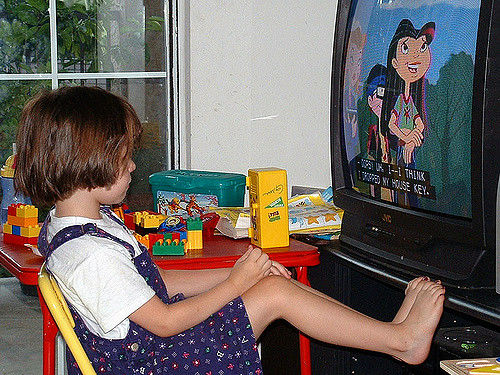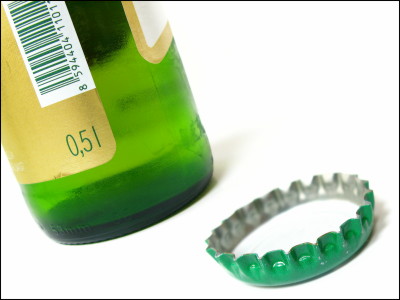Research result that drama and animation one-sight see makes contents feel boring

ByAl Ibrahim
To continuously watch continuous TV programs etc. at onceBingji · WatchingHowever, due to the spread of online streaming distribution services such as Netflix and hulu, this one-sided look has become problematic. And according to the new research results, Bingji · Watching has the effect that makes the program content boring.
The impact of binge watching on memory and perceived comprehension | Horvath | First Monday
http://firstmonday.org/ojs/index.php/fm/article/view/7729/6532
Binge Watching TV Makes It Less Enjoyable, Study Says - Motherboard
https://motherboard.vice.com/en_us/article/evv3pp/binge-watching-tv-makes-it-less-enjoyable-study-says
In 2014Survey of Netflix, 61% of users regularly view distribution content, mostly answering that they will view content of 2 to 6 episodes at a time. This shows well that there are an increasing number of people watching with Bingji · watching showing more than one story at a stroke rather than a style of watching a TV program series and so on tens of episodes one by one every week. However, according to a study by Mr. Jared Hovarth and colleagues at the University of Melbourne and others, Bingji Watching is to make TV programs boring for viewers.
In a study by Hovarth et al., I conducted a self-report survey on 51 university students and graduate students at the University of Melbourne. 51 people are divided into three groups of 17 people, each group watching TV programs at different frequencies. One group seems to have watched a TV program for one season for one episode of 1 hour episode per episode, one day per episode, one more episode per group and once in a group. The subjects had the viewers listen to BBC's Cold War era drama "The Game"During watching, subjects were asked to press the space key on the keyboard each time the characters smoked or pour drinks.
Overseas drama "THE GAME" | Kadokawa Overseas TV Series

After all three groups have watched a TV program for one season, they asked the questionnaire to measure how much the subject understood the story. In addition, it seems that a questionnaire was also conducted to measure how much you remember the program after 24 hours, 1 week, 140 days have elapsed since viewing was over. The content of the question written in the questionnaire was simple such as "what arrived at Arkady's secret mailbox at episode 4?"
As a result of the survey, how much subjects remember the content of the TV program varied greatly depending on how to view it. For example, immediately after finishing watching the program, subjects who did Bingi · watching (groups that watched all seasons at a time) had the best program memorized, but after 140 days they did not memorize the most. On the other hand, the group who watched 1 episode every week seems to have the lowest record in the memory test conducted 24 hours after watching the program, but the memory about the program was not lost most over time.

Byoddharmonic
In addition, the group who did Bingji · watching clearly had less number of people who enjoyed the program than the other two groups, which seems to have not changed over time. In addition, it was the group that I listened to 1 episode program everyday that I reported that I enjoyed the most programs over time.
However, this result seems to be related to the fact that the group that watched Bingji watched the 6 hour TV program in the laboratory, not in the comfortable space at home. Also, it is pointed out that what kind of programs are viewed is of great significance, because it is pointed out that "programs made for binge and watching have a different structure from the programs made for the series Because it is.
Furthermore, in order to better understand the effect of Bingji · Watching, the research group is proceeding with investigation on various TV viewing style.
Related Posts:
in Note, Posted by logu_ii







